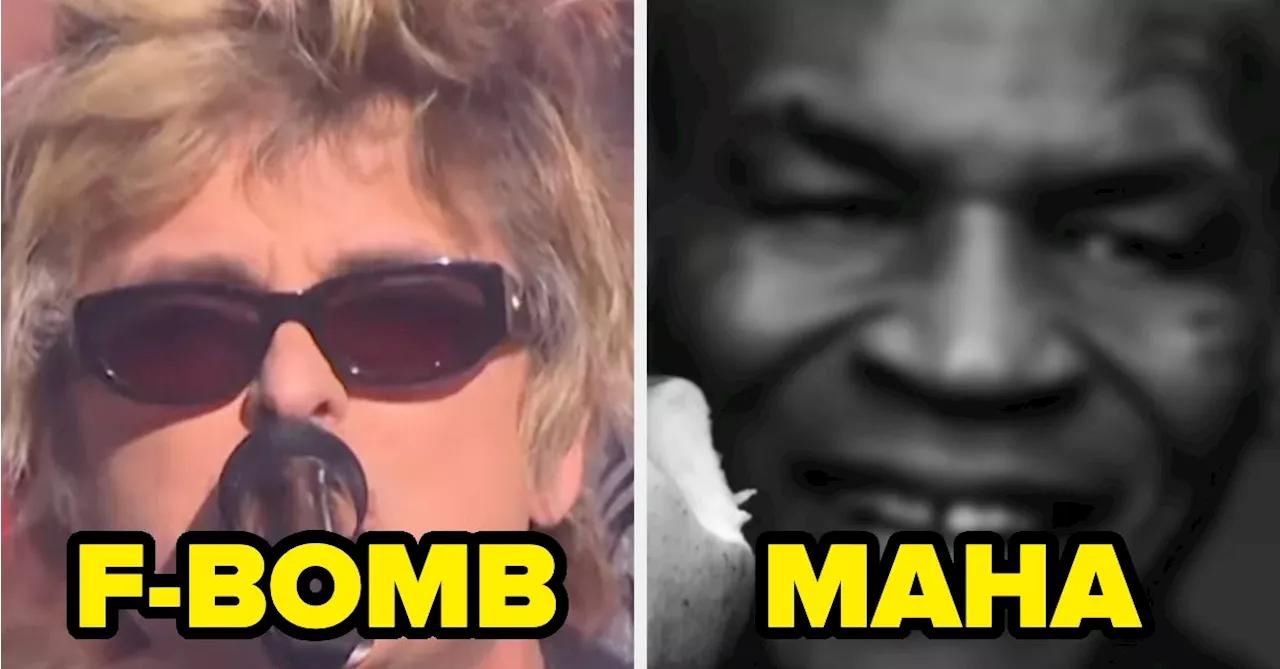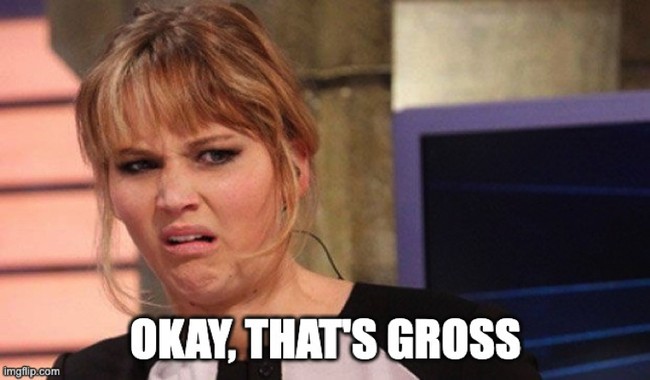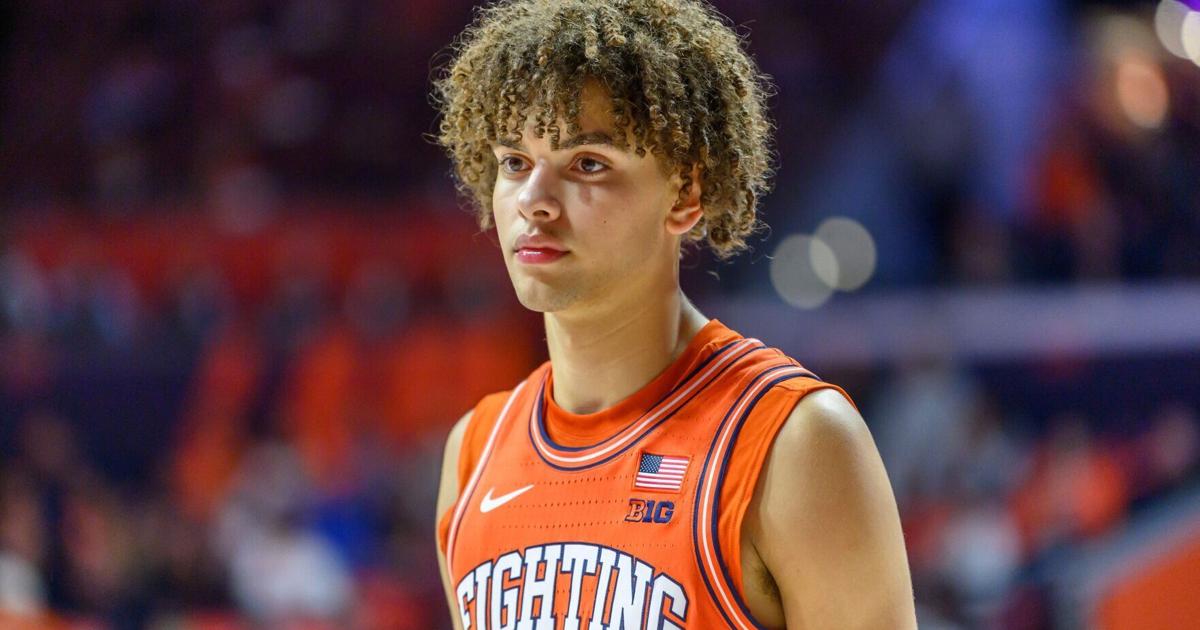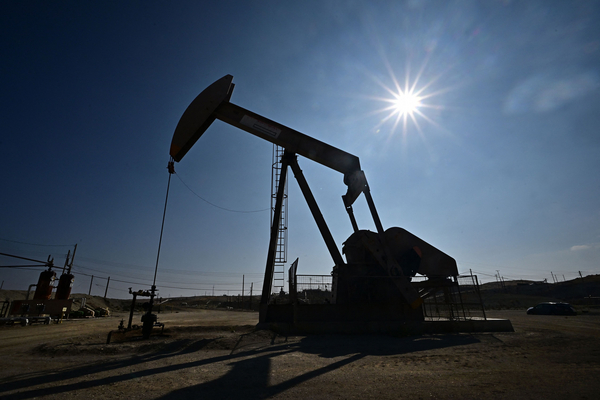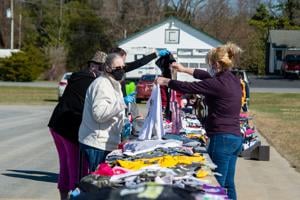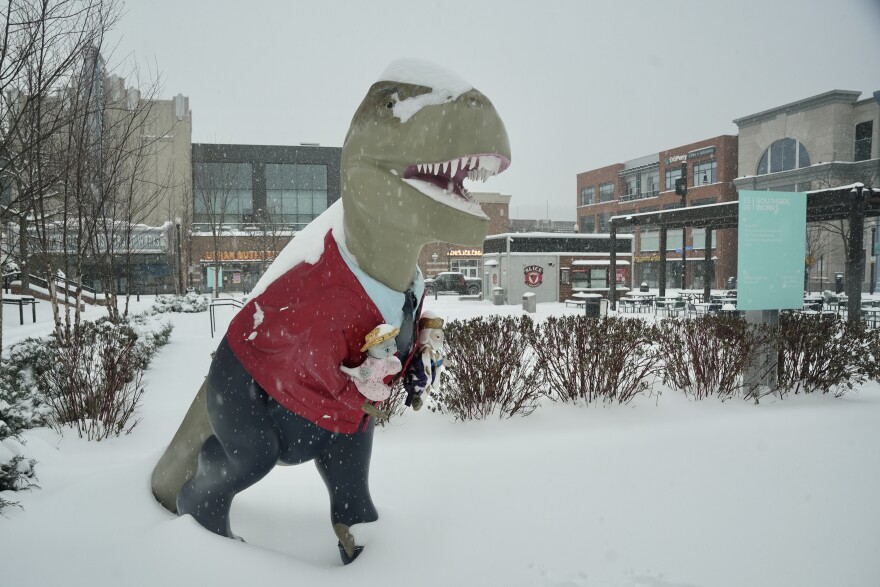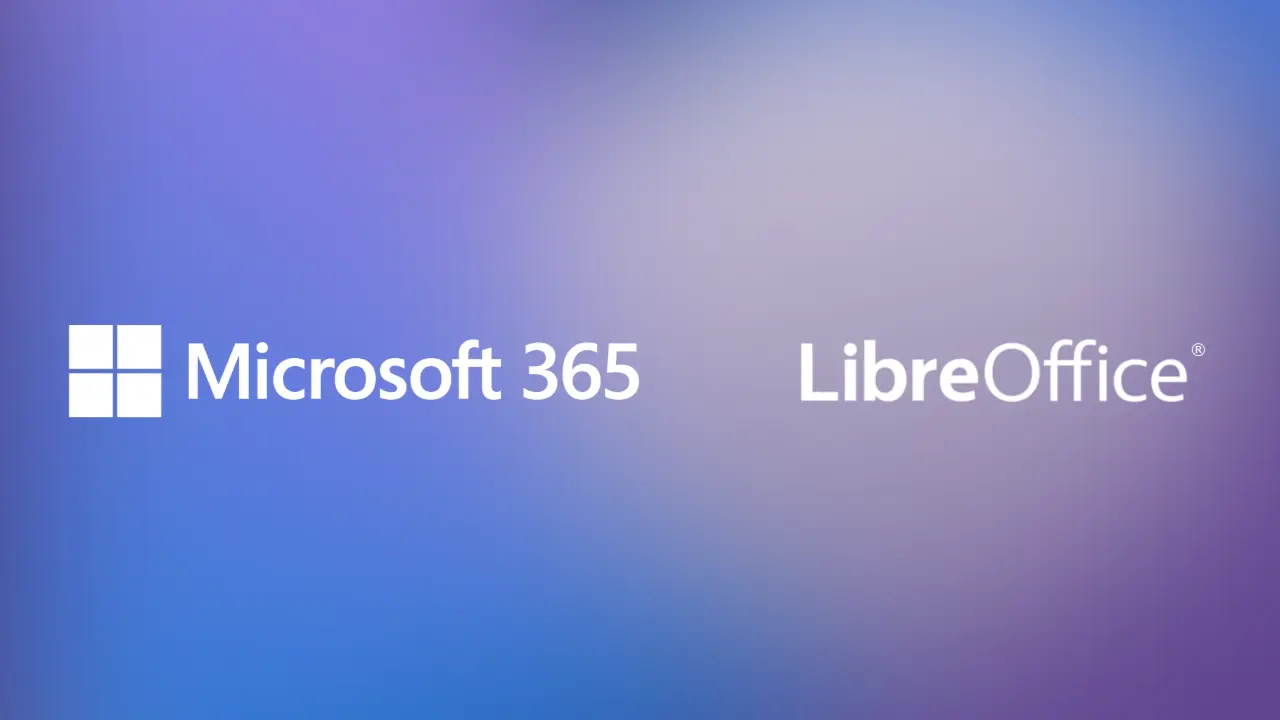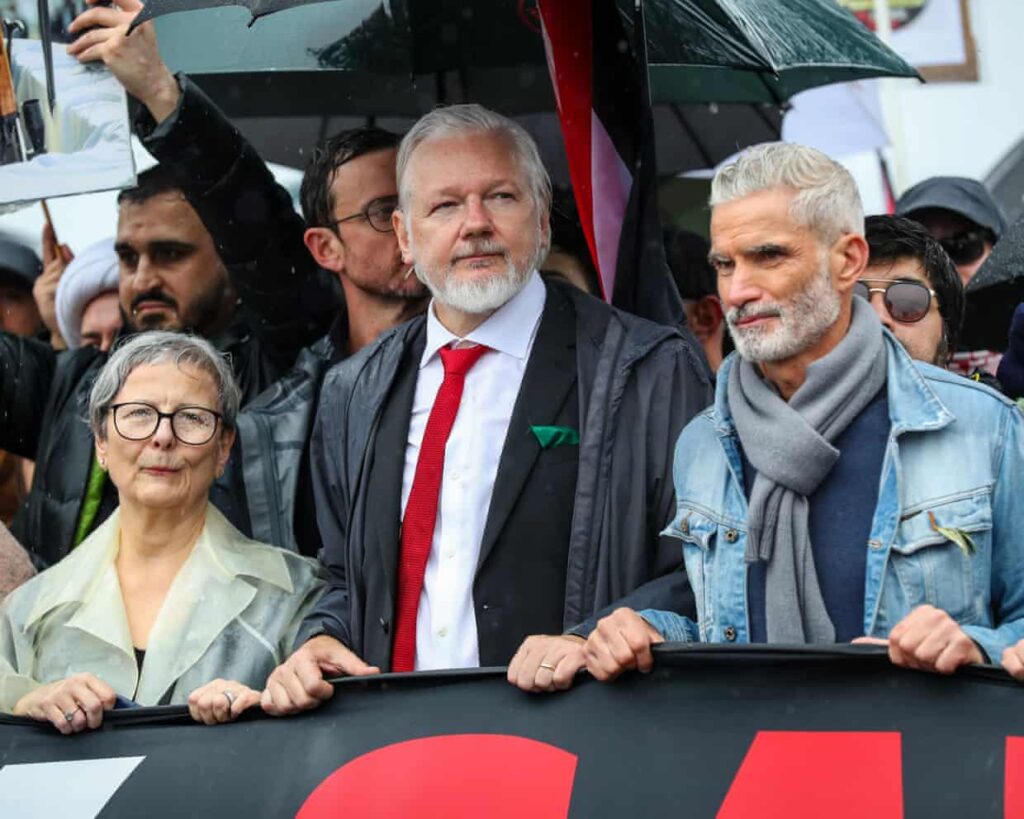
Thousands of demonstrators, including prominent figures like Julian Assange and former Australian politicians, marched across the Sydney Harbour Bridge on October 15, 2023, to protest against Israel’s actions in Gaza. The rally aimed to draw attention to the humanitarian crisis affecting children in the region. Despite rainy conditions, participants gathered at Lang Park before making their way north across the iconic bridge.
The event was marked by a significant police presence. At approximately 15:00, New South Wales (NSW) police issued a mass text message, instructing the protesters to halt due to safety concerns. The message stated, “In consultation with the organisers, the march needs to stop due to public safety and await further instructions.” A police helicopter monitored the situation, directing demonstrators to return to the city in a controlled fashion.
Before the police intervention, the march featured speeches from notable activists, including Meyne Wyatt, an Indigenous actor, and Craig Foster, a former Socceroo and Australian of the Year. Mehreen Faruqi, a senator from the Greens party, delivered a passionate address, challenging Premier Chris Minns for his stance on the protest. She argued that the government sought to silence dissent regarding the situation in Gaza. “This is a man who wants you to stay home and be silent in the face of a genocide,” Faruqi stated, emphasizing the importance of public expressions of solidarity.
The march proceeded despite police concerns over crowd management and potential disruptions. Earlier, the NSW Supreme Court had ruled in favor of allowing the protest, countering police arguments about insufficient time to devise a traffic management plan. Protesters carried pots and pans to symbolize the starvation crisis in Gaza, alongside Palestinian flags and banners.
Witnesses to the event included individuals like Dan, a British participant, who expressed the necessity of addressing issues within the Jewish community regarding Zionism and its intersection with Israel’s policies. He articulated the importance of vocal dissent within the community, stating, “I think it’s important for people within the community to stand up and raise their voice against the state of Israel.”
Additionally, Philomena McGoldrick, a nurse and midwife with experience in Gaza, shared her emotional response to the suffering of children. “Innocent babies have no colour, no religion, no language. In this day and age … it’s heartbreaking,” she remarked, highlighting the human cost of the conflict.
The presence of Julian Assange at the rally marked one of his few public appearances since returning to Australia following years of legal battles. He was seen alongside Bob Carr, a former NSW premier, who called for the Australian government to impose sanctions on Israeli Prime Minister Benjamin Netanyahu and to recognize Palestinian statehood. Carr expressed deep concern over the humanitarian situation in Gaza, describing the conditions as “deliberate starvation.”
Several NSW politicians joined the march, including five state Labor MPs who publicly defied Premier Chris Minns. They were part of a group of 15 politicians who had earlier signed an open letter advocating for a safe and orderly protest.
In a related development, pro-Palestinian activists in Melbourne planned to demonstrate in solidarity with the Sydney march but faced police intervention that blocked access to the King Street Bridge. Video footage circulated on social media depicted officers in riot gear preventing the protest from proceeding.
Authorities in Sydney urged residents to avoid non-essential travel in the central business district and northern areas of the city due to the ongoing demonstration. As the situation unfolded, the focus remained on the broader implications of the protest and the urgent need for dialogue regarding the humanitarian crisis in Gaza.
